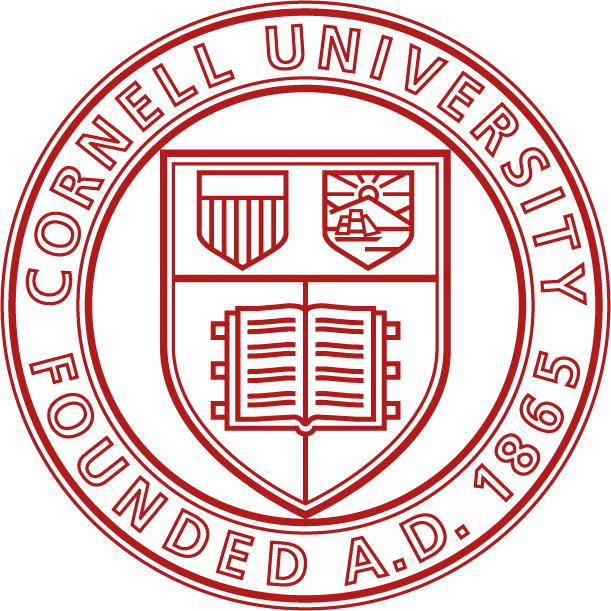Extracellular Vesicle Cargo
Extracellular vesicles will be isolated from frozen blood samples collected from the muscle biopsy participants as well as from samples collected before and after exercise tests. Affinity purification methods will be used to obtain EVs that originated from platelets, brain, and endothelial cells. The protein cargo of these three types of tissue-specific EVs will then be characterized by Somascan analysis. The small RNA content of the EVs will be assessed by RNA sequencing. Statistical tests will be used to assess 1) the differences between ME/CFS and control protein and RNA cargo within each EV subpopulation, 2) the differences in protein and RNA cargo between EVs from different tissues. A key question is whether EVs from specific ME/CFS tissues vs control tissues differ in the protein pathways represented by the EV cargoes, thus indicating dysregulation of the function of those tissues.
 We will analyze the protein data to determine how exercise affects the protein cargo of EVs and how the proteins and protein networks may differ between patients and controls. Utilizing samples at baseline and following induction of post-exertional malaise will help us learn how the protein content of EVs changes as a result of exercise and thus their possible involvement in the symptom. We will also be able to correlate findings from data collected from the muscle biopsy participants.
We will analyze the protein data to determine how exercise affects the protein cargo of EVs and how the proteins and protein networks may differ between patients and controls. Utilizing samples at baseline and following induction of post-exertional malaise will help us learn how the protein content of EVs changes as a result of exercise and thus their possible involvement in the symptom. We will also be able to correlate findings from data collected from the muscle biopsy participants.Dr. Ludovic Giloteaux will lead this NIH funded (U54AI178855) project for analysis of protein cargo, working also with Dr. Arnaud Germain and Dr. Katherine Glass in the Hanson lab. He will collaborate with the Grimson lab and Jen Grenier’s group in the Genomics Core for analysis of RNA cargo.
 Center for Enervating NeuroImmune Disease
Center for Enervating NeuroImmune Disease